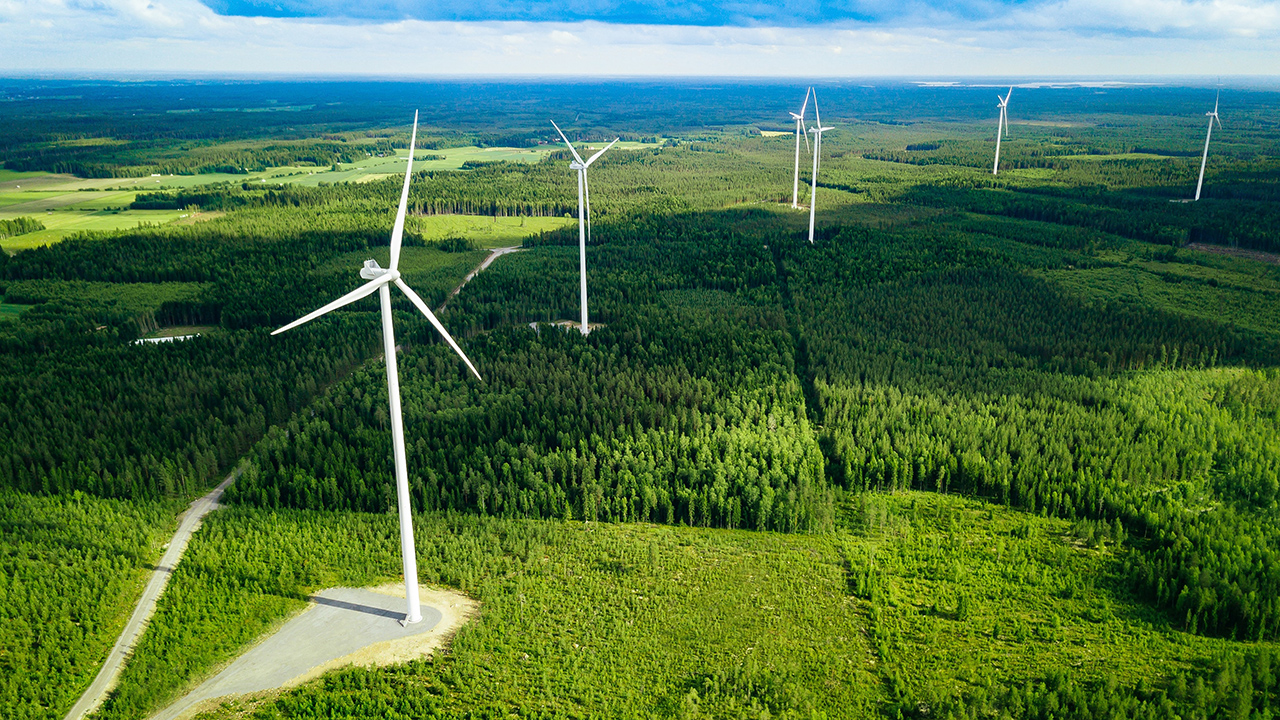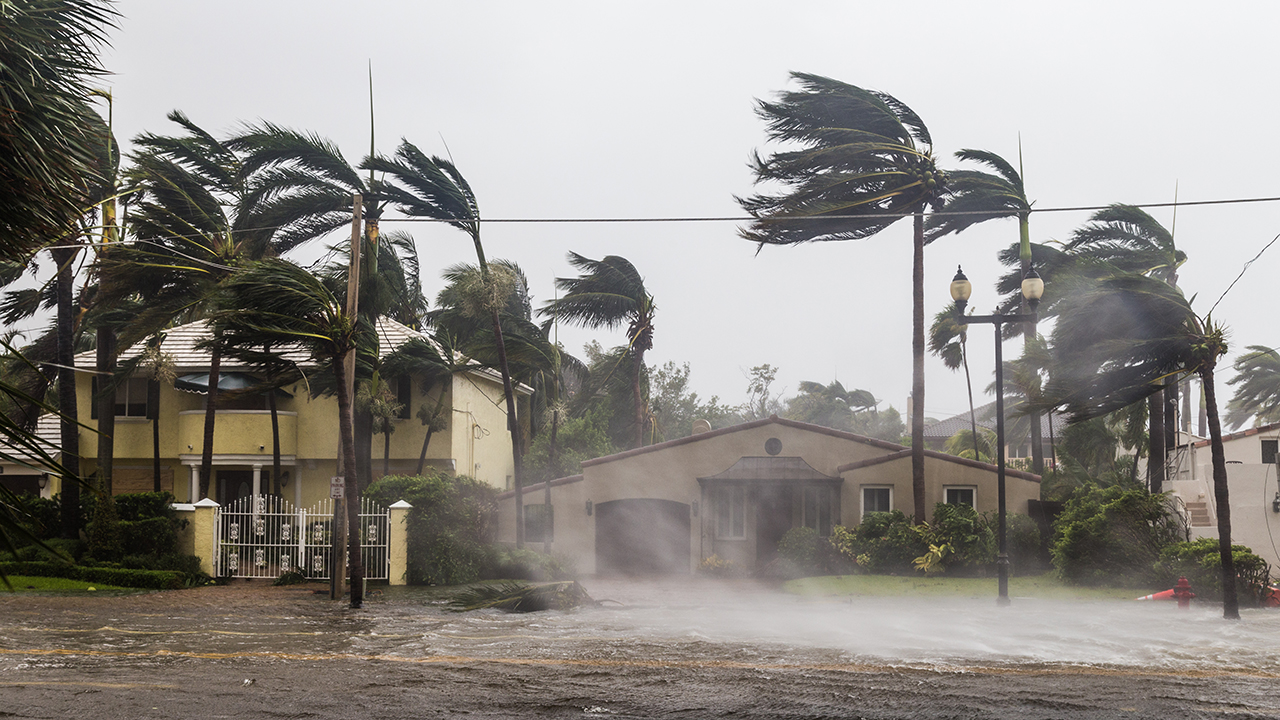Finland’s climate smart foreign policy
Climate change has wide-ranging impacts. That is why actions to combat it must be incorporated into all aspects of public policy, including foreign policy, security policy, trade policy and development policy. The poorest countries of the world are the hardest hit by the consequences of climate change. Finland supports developing countries’ climate action as part of development cooperation.

International climate agreements
The Paris Agreement, adopted in 2015, is one of the most important milestones in the work against climate change. The 1992 United Nations Framework Convention on Climate Change (UNFCCC) and the Kyoto Protocol, which operationalises its provisions, are two other key agreements.
The Paris Agreement
The Paris Agreement is a comprehensive legally binding instrument. Its entry into force marked the first time that nearly all countries of the world indicated their willingness to take action to tackle climate change. The Paris Agreement entered into force in November 2016, and it has been ratified also by Finland.
The Paris Agreement aims to keep the increase in global average temperature to well below 2°C and to limit the temperature increase to 1.5°C. The agreement also sets a long-term target for adaptation to climate change. Finance flows will be made consistent with a route to low emission and climate resilient development.
The aim is to get global emissions to peak as soon as possible and undertake rapid reductions thereafter. Another goal is to achieve a balance between anthropogenic emissions and removals by carbon sinks in the second half of this century.
The climate commitments of the Paris Agreement are in force from 2020 onwards. Before that, emission reduction measures were implemented in the framework of the Kyoto Protocol. The Paris Agreement does not contain any quantified obligations for the reduction of emissions. Countries prepare their own nationally determined contributions (NDCs) under the Paris Agreement and report to each other on their progress in reaching their NDCs. Every five years, countries must set a more ambitious target for their nationally determined contributions.
The EU is committed to achieving climate neutrality by 2050
International climate policy has made significant progress recently even though, based on the current emission levels, the world is heading for warming by 3–5 degrees. In 2020, many central countries communicated their climate neutrality targets, that is, the balance between greenhouse gas emissions and removals by carbon sinks.
The European Council is committed to achieving climate neutrality by 2050 and aims to cut atmospheric emissions by 55 per cent from their level in 1990 by 2030. Finland advocates for ambitious climate goals at the national, Nordic, EU and global levels alike. Finland aims to be climate neutral in 2035.
Climate change challenges development
Such adverse impacts of climate change as greater incidence of storms or droughts, cause problems especially for the poorest countries and small developing island states. Countries must take the impacts of climate change into account in their plans for the future so that the results achieved so far are not nullified.

Climate change also poses security threats. It increases the incidence of extreme weather phenomena, accelerates the spread of diseases, causes problems for food production and the availability of clean water, and is also reflected in migration. Additionally, climate change leads to more intense competition for natural resources and thus fuels conflicts.
Adaptation to climate change means that the adverse effects of climate change are identified and preparations are made for them. The aim is to reduce the vulnerability of both human communities and ecosystems to the impacts of climate change and to improve their ability to recover from disasters caused by climate change.
In the broad security perspective of the EU’s and Finland’s security policy, a comprehensive approach and preventive measures are emphasised. Finland supports the climate action of developing countries as part of development cooperation.
Climate change affects men and women in different ways
Climate change has adverse impacts on the food security of households, which in developing countries is largely the responsibility of women.
Women have diverse everyday experience of how best to adapt to climate change and of how it can be mitigated most effectively. However, women’s possibilities to influence decision-making are often weak.
Finland has supported the inclusion of the gender perspective in climate action since 2008. The new Paris Agreement incorporates the gender perspective, which was Finland’s objective in the negotiations. The Parties to the Agreement are urged to observe the promotion of gender equality and the empowerment of women in their climate actions.
